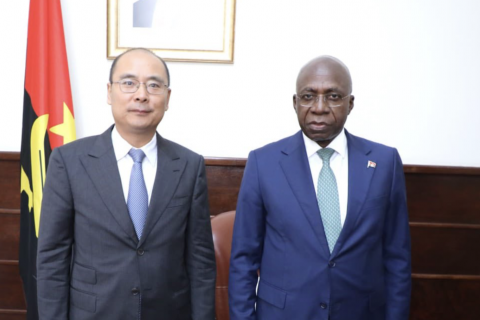Last June, the President of the Republic ordered the end of the air fare subsidy scheme on the Luanda-Cabinda route, a measure, according to the presidential decree, aimed at maintaining a balance between promoting connectivity and territorial cohesion.
Mudei activists point out that "Cabinda is an archipelago connected to the rest of the country essentially by these routes."
Accordingly, they scheduled the protest march for Saturday and notified the government and the police of this decision.
"The government responded to the letter stating that there would be no withdrawal of the subsidy and, since there was no basis for the march, if the protesters chose to march anyway, they would be committing the crime of disobedience," reads a statement that Mudei published on the movement's social media.
For Mudei, "what the provincial government seems to be unaware of is that it is not its responsibility to legitimize the justification for the march, but rather to ensure that it takes place smoothly."
Since the government did not respond within 24 hours of the letter's receipt, and the law states that if a response is not received within this period, it is assumed that there is no objection, the march organizers maintain their intention to hold the march.
The government stated on July 7 that there was no removal of state subsidies on the Luanda-Cabinda air route and vice versa, but only the regulations that will translate into a new fare were changed.
Given the geographical discontinuity of Cabinda province from other parts of the country, the mobility of citizens to and from the province has been the subject of complaints, especially regarding air connections, which are often marked by flight suspensions and delays, which has generated criticism.
The average cost of a round-trip flight to Cabinda is approximately 366 dollars (320 euros).







